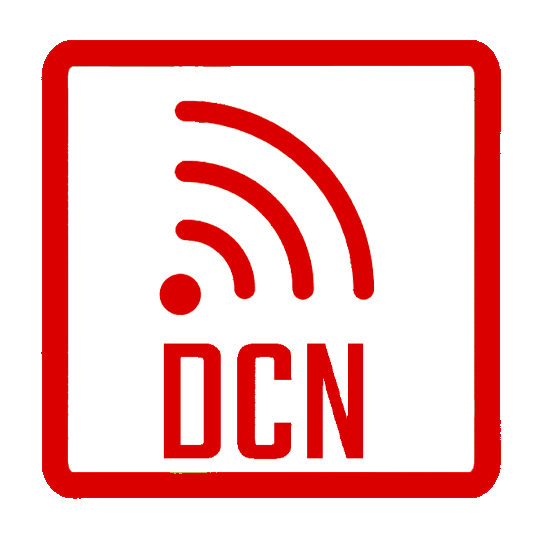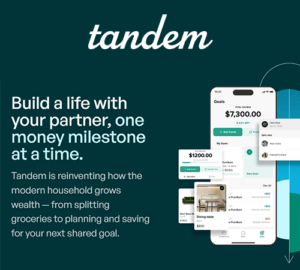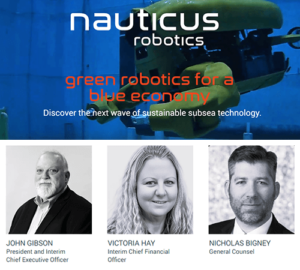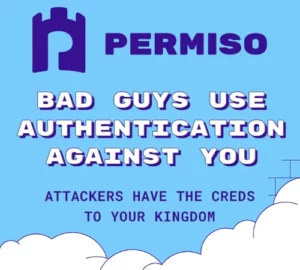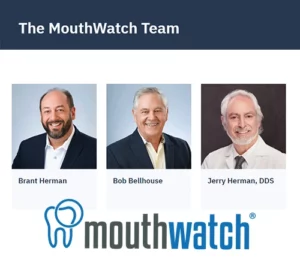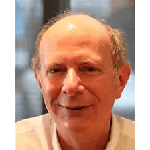
Below is our recent interview with Larry Forman, Founder and CEO at CHO Plus, Inc:
Q: Could you provide our readers with a brief introduction to your company?
A: A therapeutic protein (like an antibody used to treat arthritis) is made by inserting the gene for that protein into animal cells, growing those cells in huge bioreactors, then purifying the protein. This process is very costly and the factories used to make these treatments can cost over $1 billion each to build. The pharmaceutical industry spends billions of dollars each year building new factories for producing new therapeutic proteins. CHO Plus has developed technology for engineering cells to make them up to five-fold more productive. If our technology is widely adopted this means existing factories can be much more productive and many new factories may never need to be built. We are working with Janssen Pharmaceuticals and other companies to demonstrate the value of our technology.
Q: Any highlights on your recent announcement?
A: BLUE KNIGHT is a joint initiative created between Johnson & Johnson Innovation and the Biomedical Advanced Research and Development Authority (BARDA). The joint initiative is dedicated to anticipating potential health security threats, and preparing for and responding to new pandemics and other health emergencies. CHO Plus technology could expand the existing manufacturing capacity base in the US for production of therapeutic proteins and vaccines thus making the company a good fit for the mission of BARDA and the BLUE KNIGHT initiative.

Q: Can you give us more insights into your offering?
A: Productivity of therapeutic protein manufacturing processes has not improved much in decades. While there have been some technical improvements to these processes, little has been done to improve the productivity o the individual cells–until now. Using CHO Plus technology we can engineer cells to have more of the cell organelles, or cell machinery, that they use to make proteins normally. There are limitations on the amount of protein a cell can normally produce. CHO Plus engineered cells have demonstrated the ability to mitigate these limitations, and elevate the amount of protein they can produce.
Q: What can we expect from your company in next 6 months? What are your plans?
A: In the coming months we hope to demonstrate the commercial feasibility of our technology. In other words, we intend to demonstrate much-higher productivity for therapeutic antibodies (used to treat diseases), and for viruses (used for vaccines or for gene therapy).
With good results will come many more opportunities to work with large and small pharmaceutical companies, and with contract manufacturers. This will allow CHO Plus to bring our technology to bear on the way therapeutic proteins and viruses will be produced in the future.

Q: What is the best thing about your company that people might not know about?
A: A handful of people at CHO Plus are poised to disrupt or transform cell culture-based manufacturing. If CHO Plus delivers on its goals, the cost to produce many disease treatments will be vastly reduced. This could save or improve the lives of people everywhere–not just in larger industrial countries.
